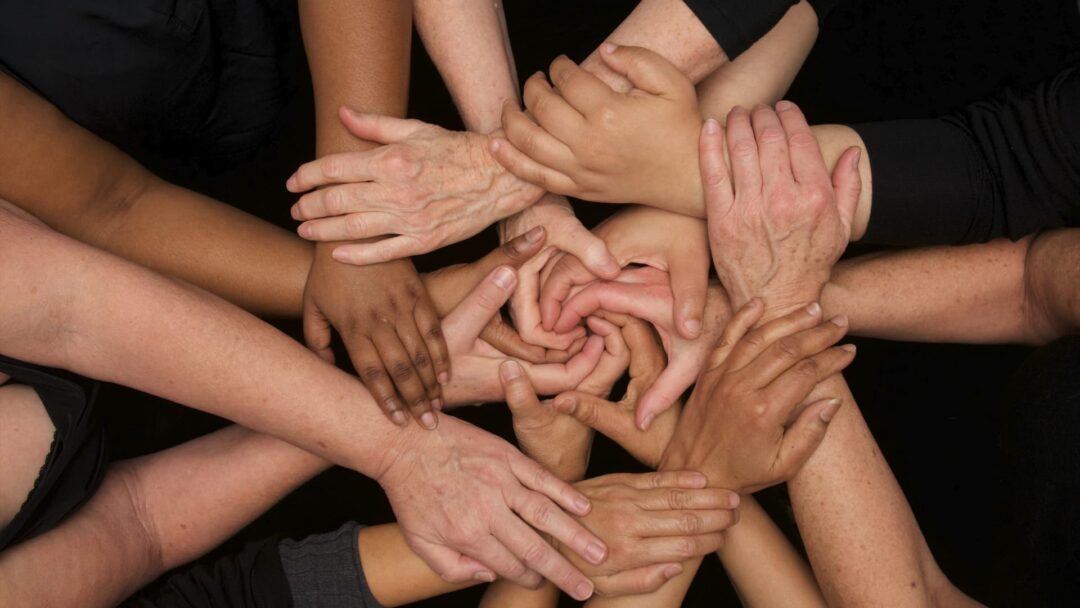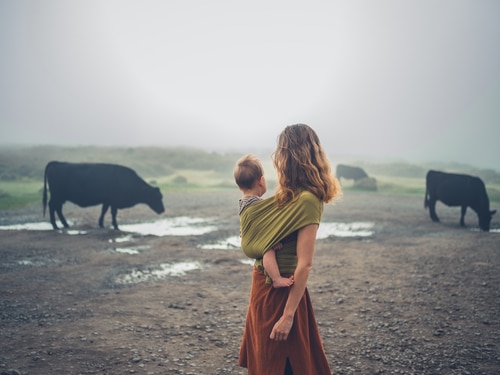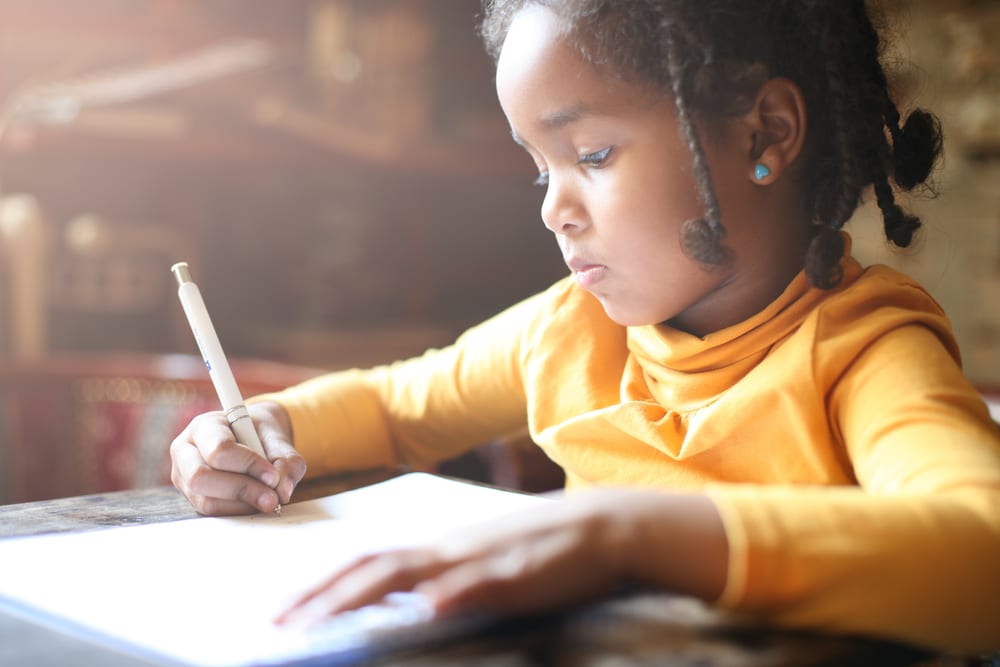In response to a recent article on the struggle for creating meaningful animal rights through family reforms, one anonymous mother is choosing to speak out
The issue of population ethics is very fraught, and for good reason. Things can go badly when government interferes with the bond between parents and children, especially when the government is placed in the role of controlling whether people have children or keep their children–even worse when it’s some government entity that’s deciding what makes “good” or “deserving” parenting. No parent or child – or even hypothetical child – wants the parent-child bond threatened in any way, even as much as we all agree that it’s a necessary pseudo-parental role the state must take on when a child must be protected from abuse or neglect.

One thing that is uncontroversial to say is that regardless of whether we have or plan to have children, all of us want a world where all life is able to thrive, and an environment that will sustain that. Life, especially new life and vulnerable life, represents hope. We are all rooting for new and future life to succeed.
The problem is that we are facing a reality where the value of life and the hope for any given new life is rapidly diminishing. And for some new life, there is no hope at all – for example, male chicks born into the egg industry struggle to emerge from their eggs and live barely long enough for their feathers to dry before they are ground up alive. For most of us, the picture is not that dark, but we operate in a society where hope is an increasingly rare commodity and distributed in a dramatically unequal way. We are all only different from those chicks as a matter of degree, not kind.

The root cause of this is devaluation of life. We have not done enough to protect life or enable an environment to support it. Fair Start’s core thesis seems to be that this is because we are unable to see or rationally reckon with the creation of life as the starting point in our thinking about justice and fairness, and because of this, our – in fact all life’s – existential value and hope for survival is threatened. To me the essence is this: there is a point at which population – especially high-resource-consuming human population – becomes so large that it lessens the value of life. It lessens the value of the individual as well as the family, and increases conflicts over the right to life between and within species.
I can’t say where that line is or whether we have yet crossed it, but I think it would go against the laws of basic ecology and physics to say that line does not exist. What that means is that we have to find a way to responsibly bring this issue into the conversation, preserving the value of life and the protective bond between parents and children. This includes our role as parents in the metaphorical sense that all of us are guardians of society and protectors of future life, and our metaphorical role as children in the sense that we are all vulnerable and trading in the increasingly scarce resource of hope.

There are a number of routes to addressing this, some of which would be counterproductive or come with an untenable cost to the very values this relies upon – autonomy, valuation of life, the parent-child bond and protection, and hope. But this is exactly why we have to reckon with the issue, responsibly and thoughtfully, since leaving it out of the important conversations of how to repair and build the world we need to support life comes with an even bigger cost. It’s not just badly conceived and destructive remedies to this issue that we risk when we marginalize this topic, but a threat to the ability for any species to survive, including our own.

